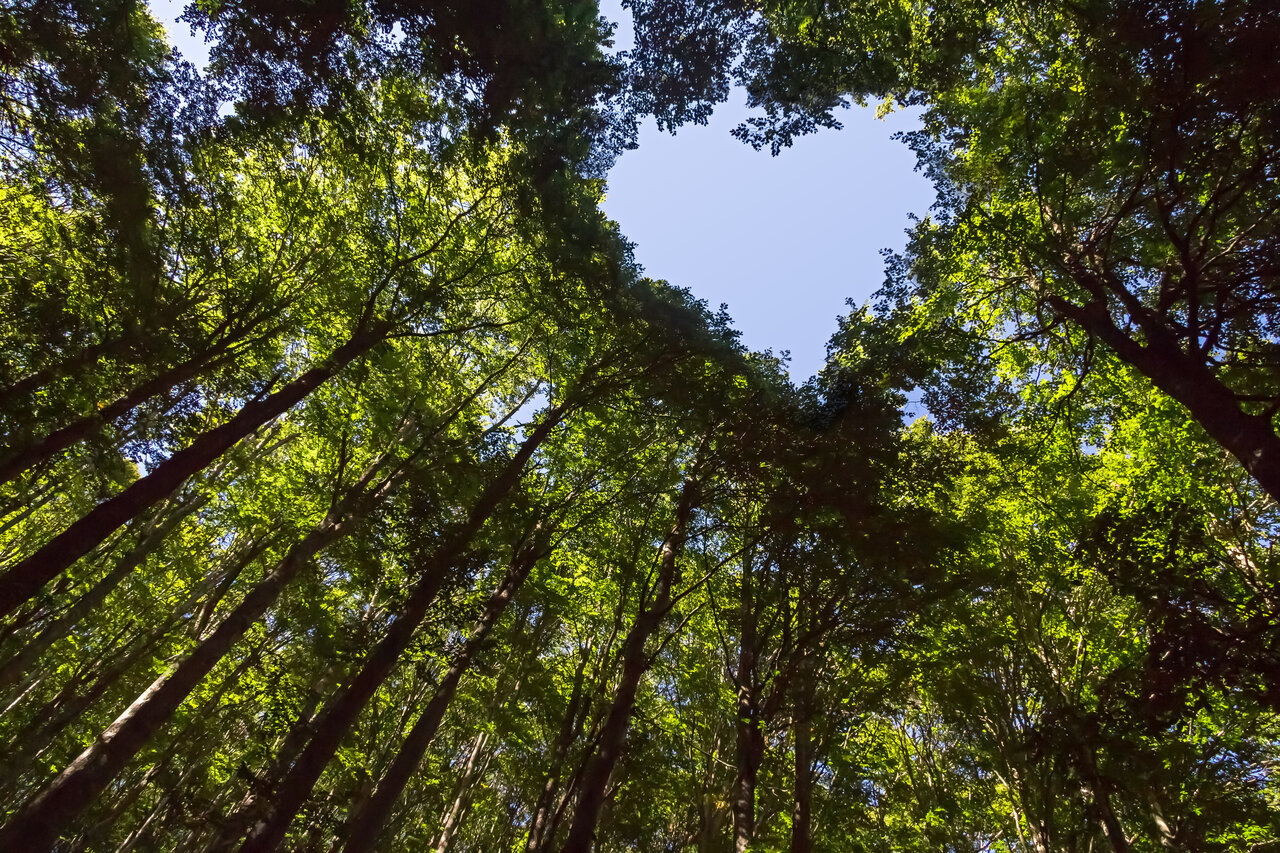Share This
Related Posts
Tags
Sustainability for All
By Katrina McDowell on Apr 21, 2023 in News
Green is always good. Every action taken throughout the day has an impact on the planet. Here are some simple tips to be sustainable in everyday life, which are tremendous ways to become more eco-friendly.
Eat more greens. Everyone wants healthy longevity, and eating more plants is how to get there. Going vegan overnight is impossible, but gradually incorporating at least two or three days of meatless meals can make a difference. Half of the world’s habitual land is used for agriculture, which only gives the world 18% of global calories. It releases most land use, cattle methane emissions, manure management, and fertilizer use.

Reduce your carbon footprint by eating more plant-based foods like tofu, beans, nuts, and foods with the lowest environmental impact, like whole grains, olive oil, fruits, and vegetables. You can now find more sustainable wine and beer using organic farming and zero-waste commitments. Sustainable foods are local, seasonal foods grown without hazardous pesticides and chemicals and support the local economy, which offers jobs and builds stronger communities.
Save water. Agriculture also requires much freshwater, which can cause significant environmental pressures in regions with water restrictions. Saving water is another effective way to reduce electricity use, greenhouse gas emissions, and other energy-intensive operations.
For example, try at home to only run the dishwasher with a full load and the same with full loads of clothes in the washer. Reuse water by keeping some buckets outside to catch rainwater and use them to water plants in the coming days. Cold showers use less energy, and thanks to Wim Hof Method, so has cold therapy, which gives the body immense health benefits.
Recycle. Depending on where you live, recycling options will vary and programs may be more comprehensive in some states or cities than elsewhere. Try to separate trash and follow the local recycling guidelines. Reuse items as often as possible before throwing them out.
Sustainable reusables. 50% of all plastic produced is for single-use purposes. As a result, 10 million tons of plastic are dumped in oceans annually. Using so much single-use plastic is entirely unnecessary when there are many sustainable alternatives. Reduce trash by being more conscious of consumption and waste patterns. For example, consider getting reusable water bottles instead of multiple plastic bottles, reusable utensils, and containers.
Always remember to bring your reusable tote bags for groceries. Since the spring holiday, Easter, is coming up, skip the plastic grass for the baskets and opt for some Spanish moss or other biodegradable grass or crinkled paper. Plastic grass lasts forever in the environment, not to mention it’s dangerous for pets that might get ahold of a basket.
Eco-friendly cleaning. Let’s face it, home cleaning product chemicals are terrible for the environment and your body. By choosing eco-friendly cleaning products, you will reduce the amount of plastic packaging used and the number of chemicals that flow into the oceans. Vinegar is a pantry cleaning staple known to cut grease and dissolve hard water stains. If the smell is too much for some, add some essential oils, such as lavender, pine, or lemon balm.
Pine and lemon oils are great alternatives for floor cleaners which is how Pine Sol was created in the early 1900s. Baking soda is an eco-friendly product with many benefits. Sprinkle it directly on hard surfaces that need extra stain removal. Baking soda can also absorb odors. Use it in the refrigerator, freshen mattresses, pet beds, and shoes, and it can even be added to the wash and rinse cycle to deodorize clothing. Vinegar and baking soda, together, will go a long way when cleaning bathroom tubs, sinks, kitchen appliances, and faucets.
Laundry soaps are terrible for the oceans. Tide now has an eco-friendly laundry detergent that contains 75% plant-based ingredients. In addition, the formula is free of dyes, chlorine, and optical brighteners and is produced at a zero-waste-to-landfill manufacturing site using 100% renewable wind power electricity. Costco even offers another laundry detergent with 99% plant-based ingredients. Even the shipping tray is made with 80% recycled fiber.
When you do good, you feel good. So give back to the planet and live sustainably for all Earth’s inhabitants.
